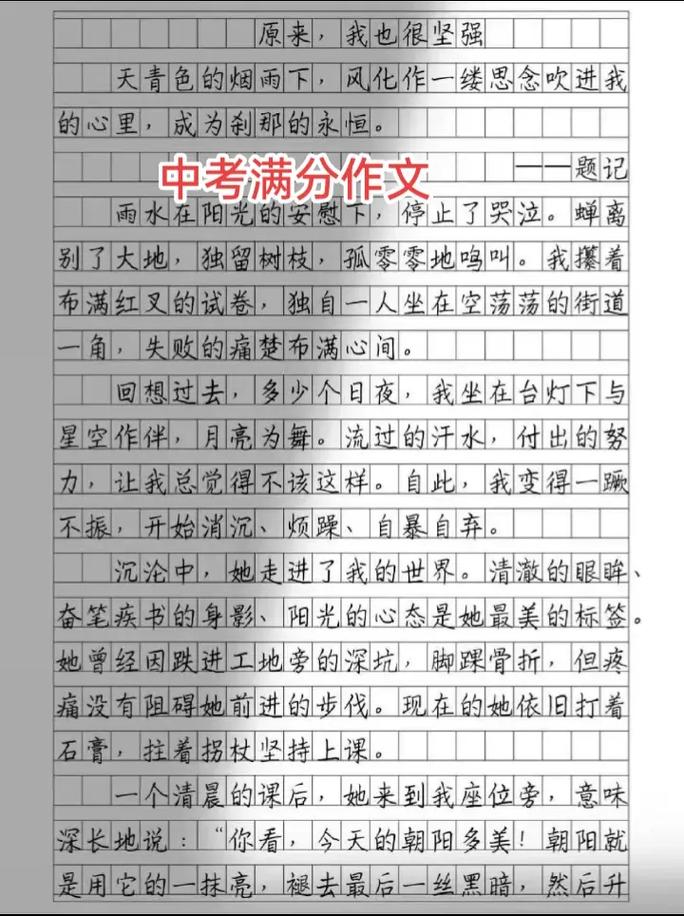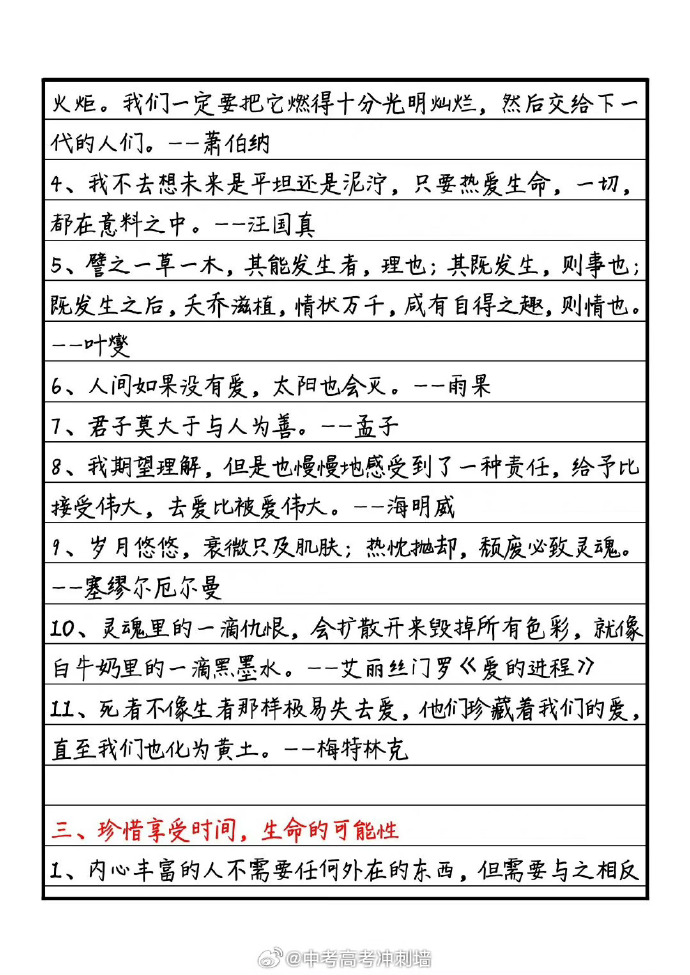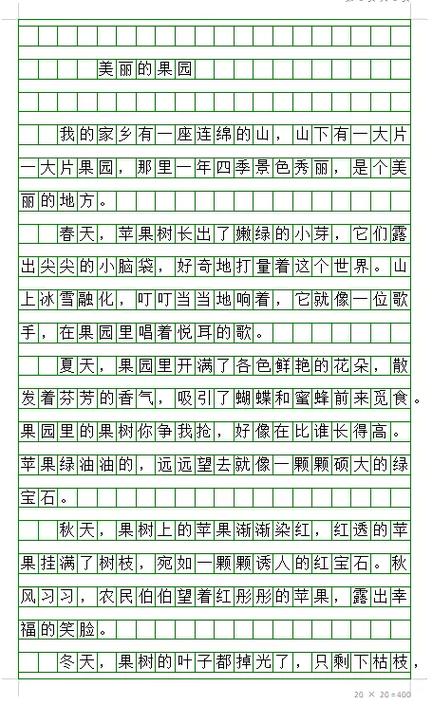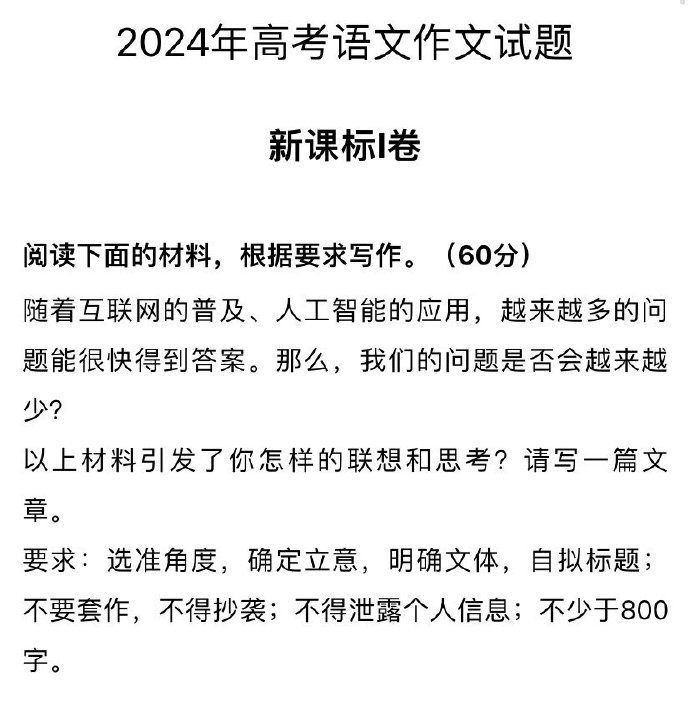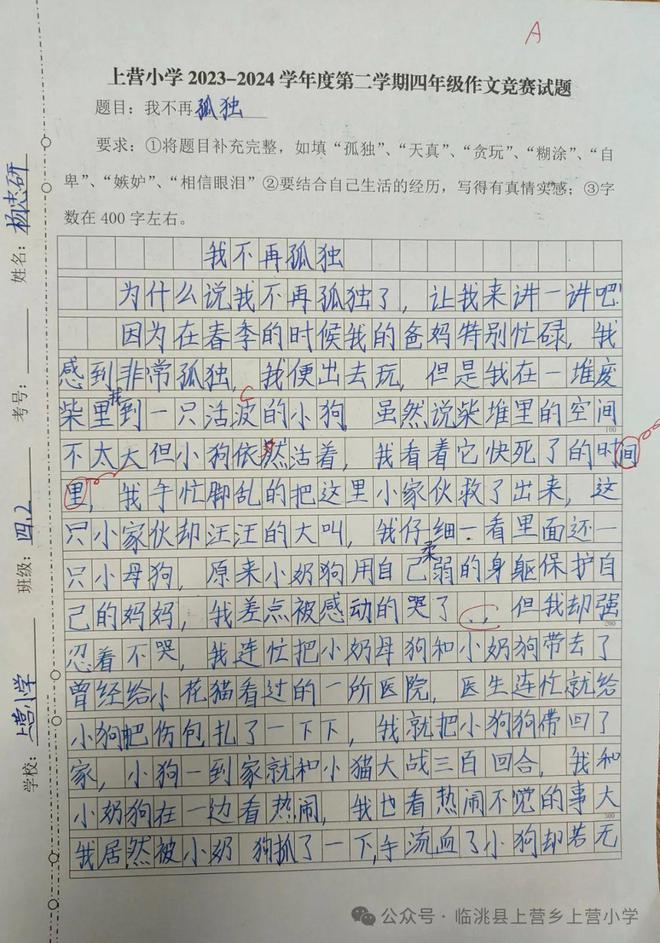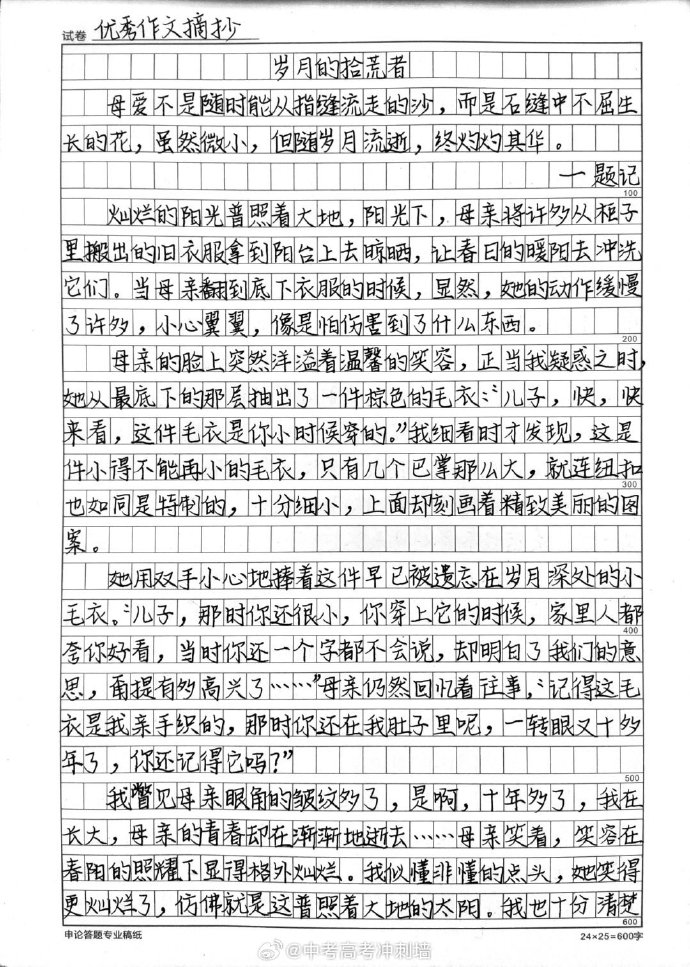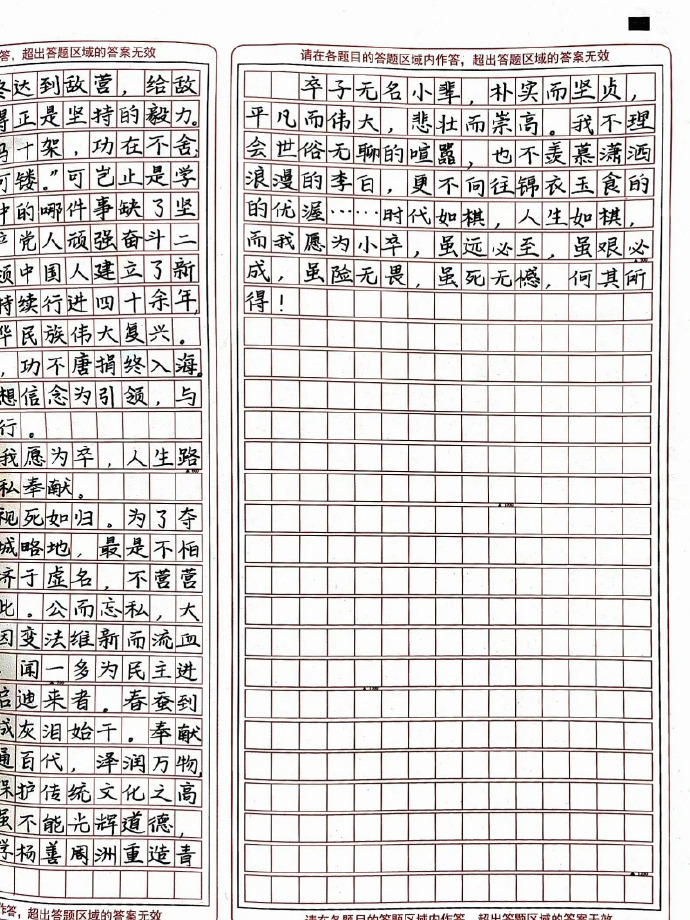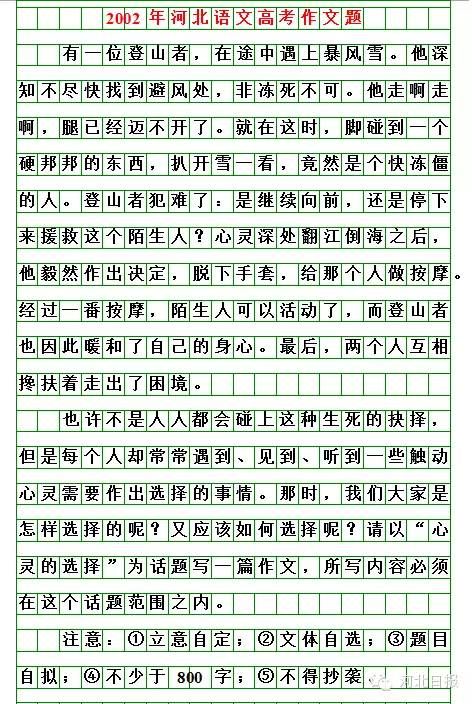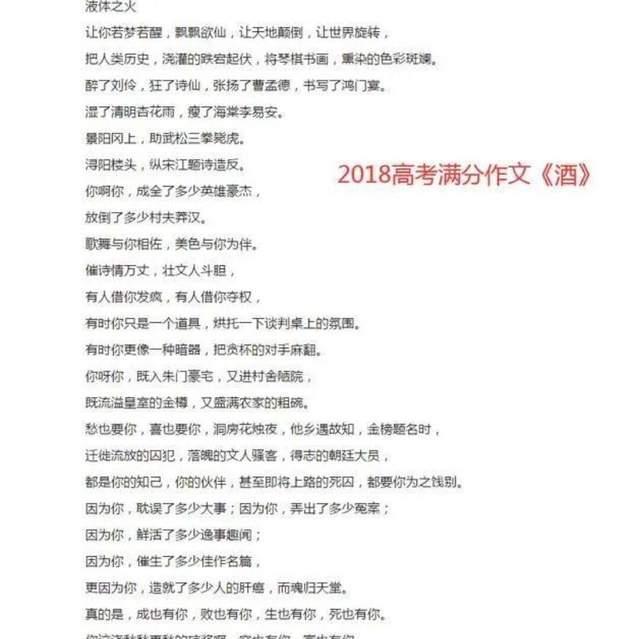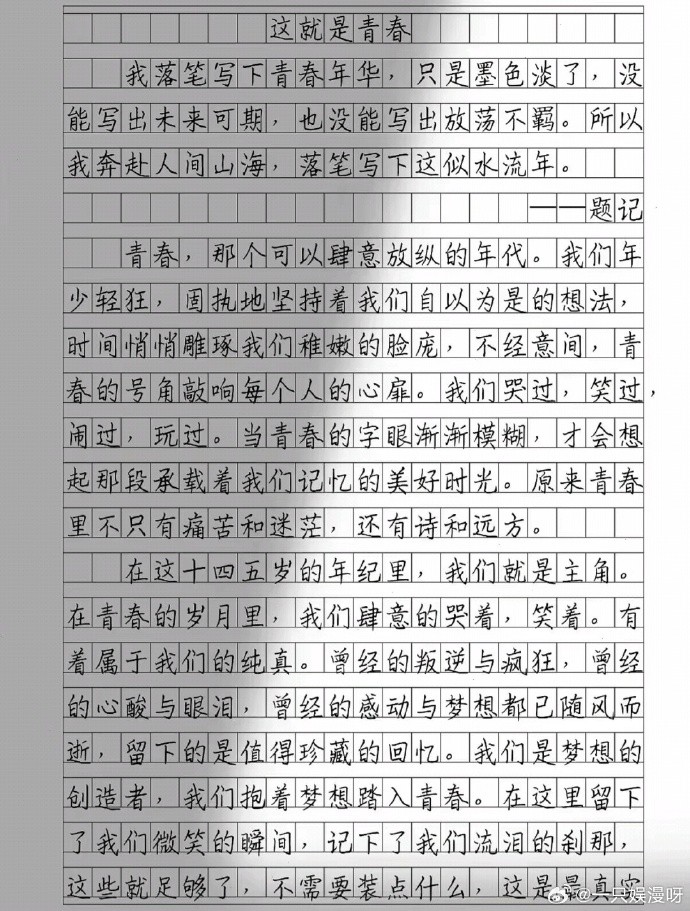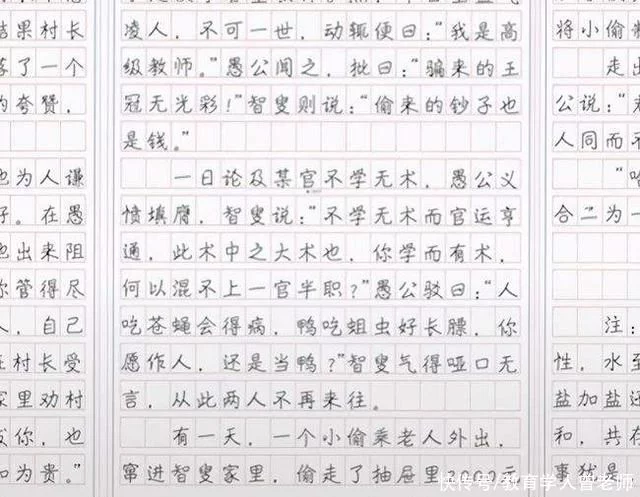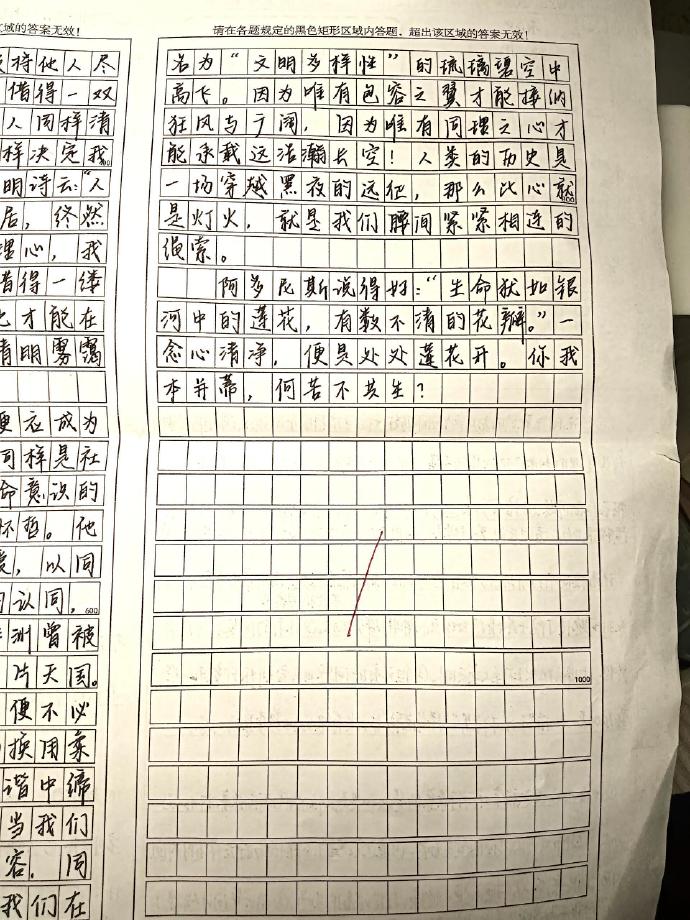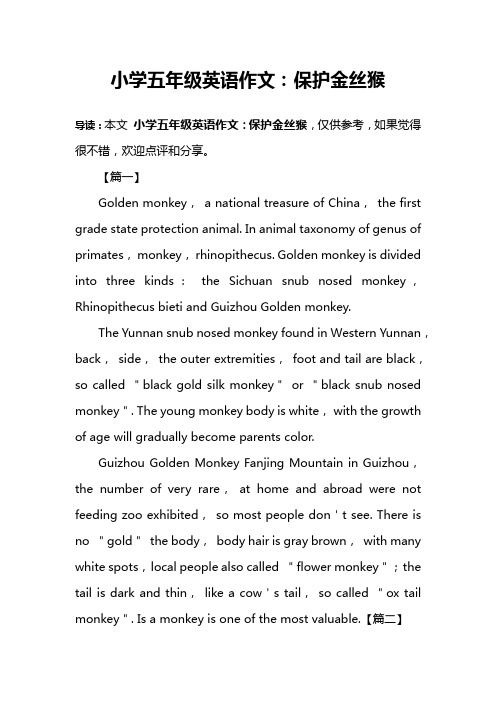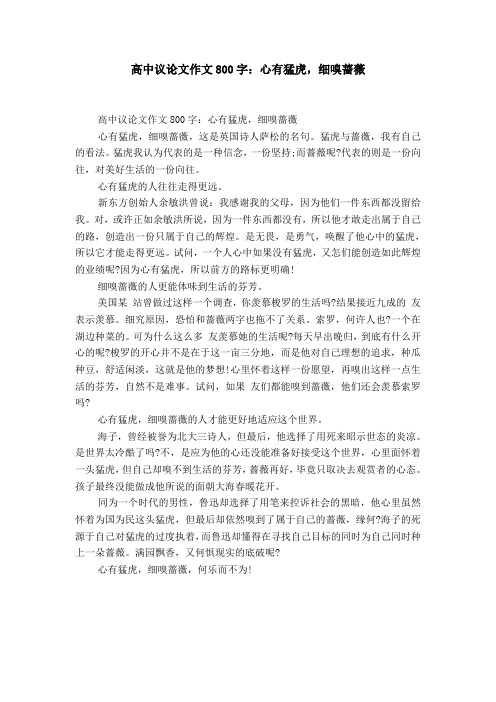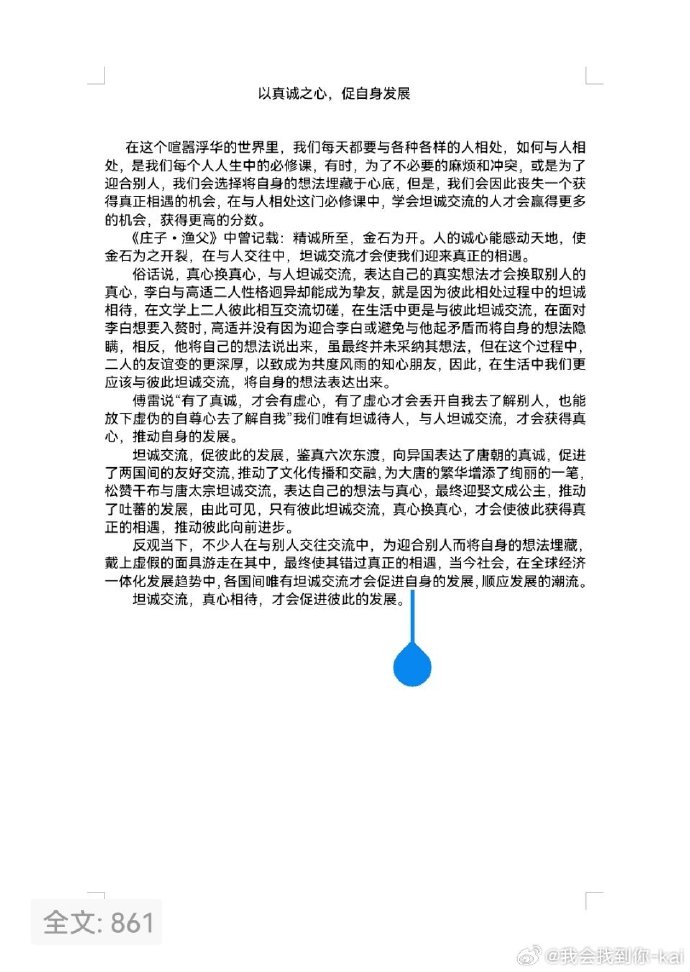Among the many festivals celebrated worldwide, one stands out as a cherished tradition in my life: the Spring Festival, also known as Chinese New Year. This vibrant celebration, filled with family reunions, cultural rituals, and a feast of delicious food, is more than just a holiday; it is a profound expression of heritage and unity.
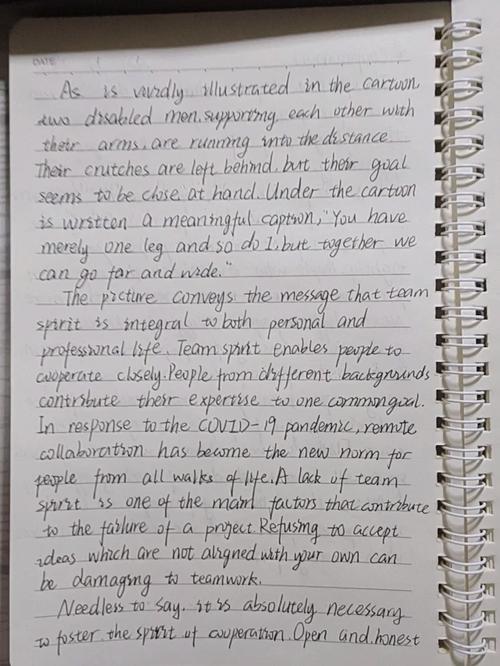
The Spring Festival, or Chunjie, holds immense significance across China and for me personally. It is a time to pay respect to ancestors, usher in new beginnings, and enjoy the warmth of familial bonds. The preparations begin weeks in advance, with homes cleaned thoroughly to sweep away bad luck and make room for incoming good fortune. Red decorations are prominently displayed, symbolizing happiness, prosperity, and warding off evil spirits. The air is filled with anticipation, and every corner of society reverberates with excitement as people prepare for this annual spectacle.
One of the most captivating aspects of this festival is the reunion dinner on New Year's Eve, often referred to as the 'Nian Ye Fan'. Families gather from near and far to share a meal that is rich not only in flavors but also in symbolism. Each dish has its own story and purpose – fish represents surplus and abundance, dumplings resemble gold ingots signifying wealth, and sweet rice cakes denote a year of步步高升 (rising step by step). As we partake in these dishes, stories are exchanged, memories are made, and a sense of togetherness envelops everyone present.
Another highlight is the spectacular fireworks and firecrackers display. On New Year's Day, streets light up with bursts of color and sound, believed to scare off Nian, the mythical beast said to prey upon villagers during the night. For children like me, the night sky becomes alive with dazzling patterns of red and gold, while adults marvel at the spectacle and share their childhood memories of similar displays. It is an exhilarating experience that bridges generations and cultures alike.
The giving of red envelopes, known as Hóngbāo, is another beloved tradition during the Spring Festival. Elders present wrapped gifts containing money to younger family members, wishing them health, happiness, and success for the coming year. For many, including myself, receiving these envelopes brings joy beyond words; they are tokens of love and blessings that remind us of our roots and responsibilities towards future prosperity.
In conclusion, the Spring Festival is more than just a festival; it is a tapestry woven with threads of culture, history, and personal significance. From the elaborate preparations to the heartfelt moments shared around a table brimming with symbolic foods, every element contributes to making it an unforgettable celebration. The traditions observed during this period reinforce family bonds, honor customs passed down through generations, and create lasting memories that continue to shape our identities. As I reflect on this cherished occasion, I am reminded once again of its importance not merely as an event, but as a vital part of who I am and where I come from.
In writing about my favorite festival, the Spring Festival, several key themes emerged that underline its unique charm and deep-rooted traditions. Let's delve into these aspects further to understand why this festival holds such a special place in my heart.
Firstly, the emphasis on family reunions during the Spring Festival highlights its role as a cornerstone of familial unity. In a world where distance can sometimes strain relationships, this festival serves as a reminder of the importance of being together. It encourages long-distance relatives to travel home regardless of the challenges, creating opportunities for strengthened connections and shared experiences. The gatherings are more than just meals; they are occasions for storytelling, laughter, and bonding that enrich our lives.
Secondly, the cultural rituals associated with the Spring Festival are integral to its identity and significance. From decorating houses with red lanterns and couplets to wearing traditional clothing, each practice carries historical weight and spiritual meaning. These rituals teach us about our ancestors' way of life, values, and beliefs, fostering a sense of belonging and continuity. They also serve as a platform for younger generations to learn about their heritage firsthand, bridging past and present.
Thirdly, the culinary delights prepared during the Spring Festival are not just about taste but also about conveying messages of goodwill and prosperity. The careful selection of ingredients and their symbolic arrangements in dishes reflect hopes for a prosperous year ahead. Food plays a central role in bringing people together, sharing happiness, and celebrating achievements. It is through these shared meals that cultural values are transmitted from one generation to another, creating a collective memory that transcends time.
Fourthly, the festive atmosphere created by fireworks and other forms of entertainment adds to the vibrancy of the Spring Festival. These activities not only entertain but also have protective connotations rooted in ancient folklore. The loud noises made by firecrackers are believed to frighten off evil spirits, ensuring harmony within families and communities for the coming year. This aspect of the festival demonstrates how ancient practices are adapted and integrated into modern celebrations, showcasing resilience and adaptability in maintaining tradition.
Finally, the exchange of red envelopes embodies respect and care between elders and younger ones. It is a gesture that acknowledges the value of wisdom passed down through generations while encouraging future growth. Receiving a red envelope is seen as a blessing rather than just monetary gift, encapsulating wishes for success and wellbeing. This practice reinforces social hierarchies and intergenerational support within families, promoting a harmonious society where elders are respected and children are nurtured with hopes for their bright futures.
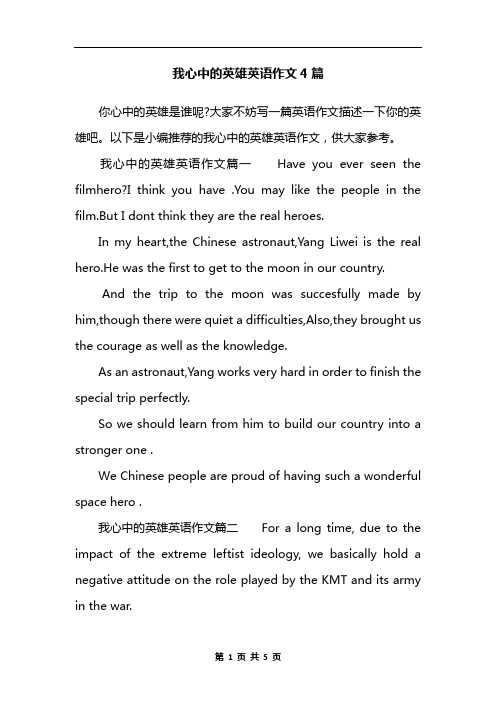
In summary, the Spring Festival, or Chinese New Year, is a multifaceted celebration that touches various aspects of life including family bonds, cultural heritage, gastronomic pleasures, festive spirit, and intergenerational exchanges. Each element contributes significantly to making it my favorite festival. It not only allows me to connect deeply with my roots but also provides opportunities to create beautiful memories that will be cherished forever. Through this festival, I gain a profound appreciation for my cultural identity and feel a strong sense of belonging to something much larger than myself.

 佰一阅读网
佰一阅读网

